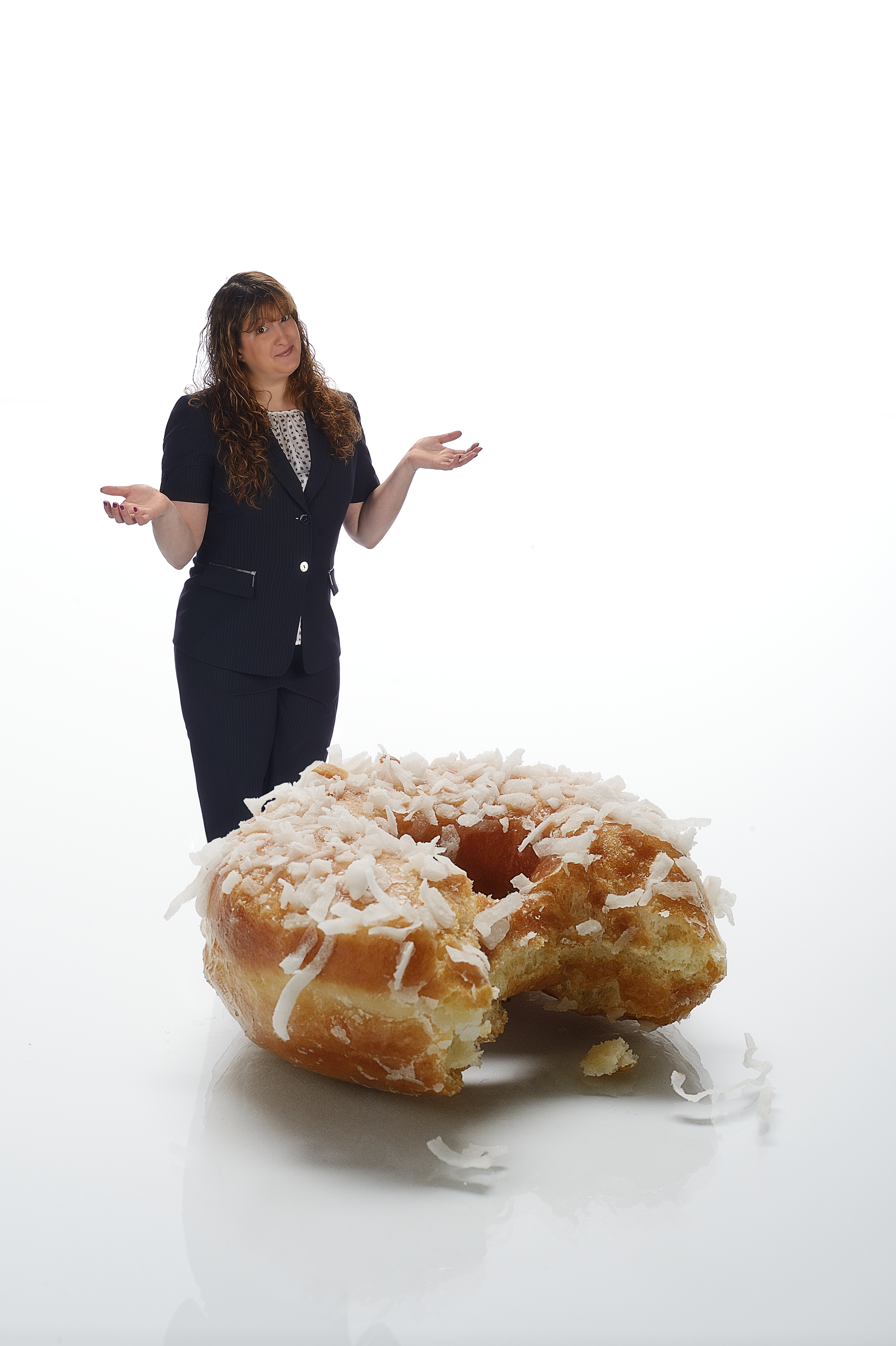Goal success or failure? Consumer behavior study finds response to an initial slip is key

Eat better. Get fit. Save money.
Despite our New Year’s resolutions, many of us succumb to some temptations now and then — we eat the donut or buy the pricey designer jeans — but whether we end up failing at our larger goals, researchers say, depends on what happens next.
“After all, one does not become obese from one donut, nor does one fall into severe debt from one impulsive purchase,” says Yael Zemack-Rugar, an assistant professor of marketing in the Pamplin College of Business.
“Almost every choice consumers make is made in the context of a previous choice,” she argues. “Yet, much consumer research looks at choices in isolation, exploring only ‘one-shot’ effects.”
Zemack-Rugar, whose research focuses on various contexts of sequential choice, says how consumers respond to failure is the key to understanding the long-term impact of such failure.
“For example, when individuals have a dieting goal but end up eating a tempting donut at the morning meeting, they have two choices: course correct by carefully monitoring their intake for the rest of the day, or give up on the goal entirely.
“Those who course correct may suffer less of the negative long-term consequences of the initial failure. Those who do not course correct may be more at risk for obesity, debt, and the like.”
Zemack-Rugar headed a research project, in collaboration with Canan Corus, who received a Ph.D. in marketing from Virginia Tech and now teaches at Pace University, and Pamplin marketing professor David Brinberg, examining consumer behavior following an initial self-control failure.
Scholars, she notes, have dubbed the choice to give up on the goal following an initial failure the “what-the-hell” effect — individuals think, “What the hell, my dieting goal is already shot for the day, I may as well enjoy dessert for lunch!”
Says Zemack-Rugar: “Our research shows that the tendency to enact the what-the-hell effect versus course correction is a consistent one. This is a decision we make not only within a given goal or situation, such as eating, but also across situations. This means that once we fail, if we tend to ‘what-the-hell’ regarding our dieting goal, we will also tend to do so regarding our budgeting, academic, and even honesty goals.”
The researchers identify a set of key cognitive and emotional responses to initial failure that jointly predict post-failure behavior and develop a scale that captures these emotions and cognitions.
“Our scale can be used to predict who is likely to try harder to achieve their goal following failure and who is more likely to give up on their goal.”
The scale can be used to help consumers or consumer advocates and programs improve sequences of consumer choice and avoid the what-the-hell effect.
Learn more about Zemack-Rugar’s research on goal success or failure in Pamplin’s spring 2014 magazine, Virginia Tech Business.



